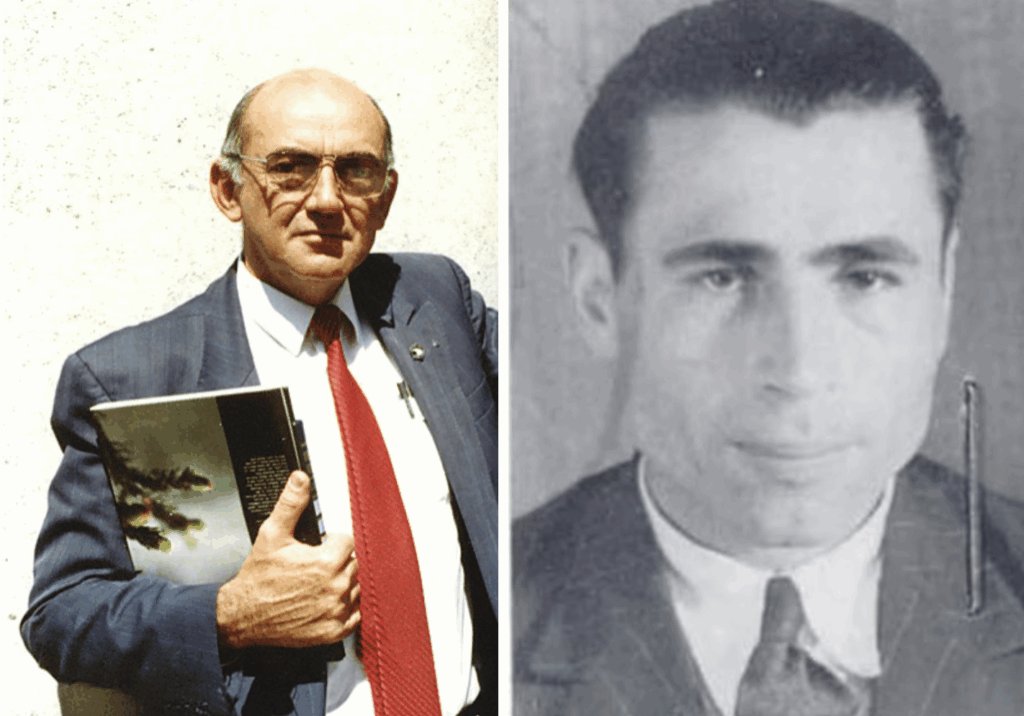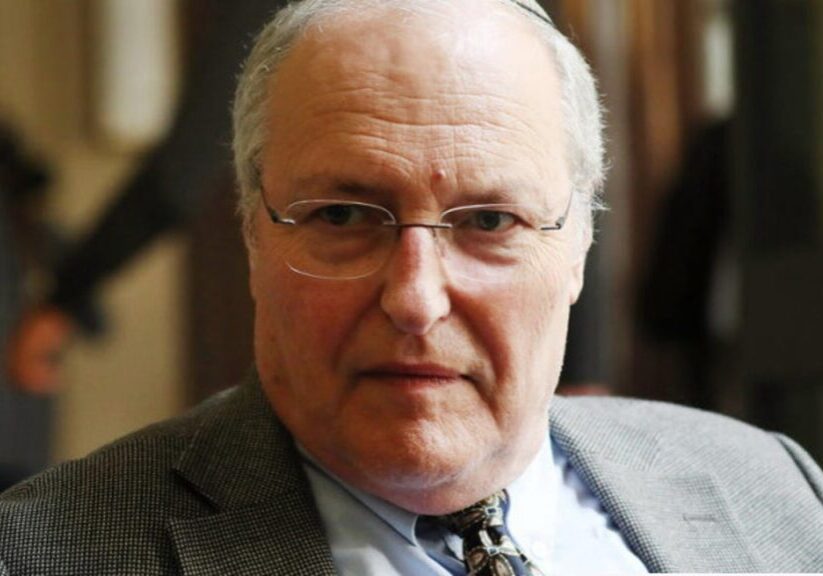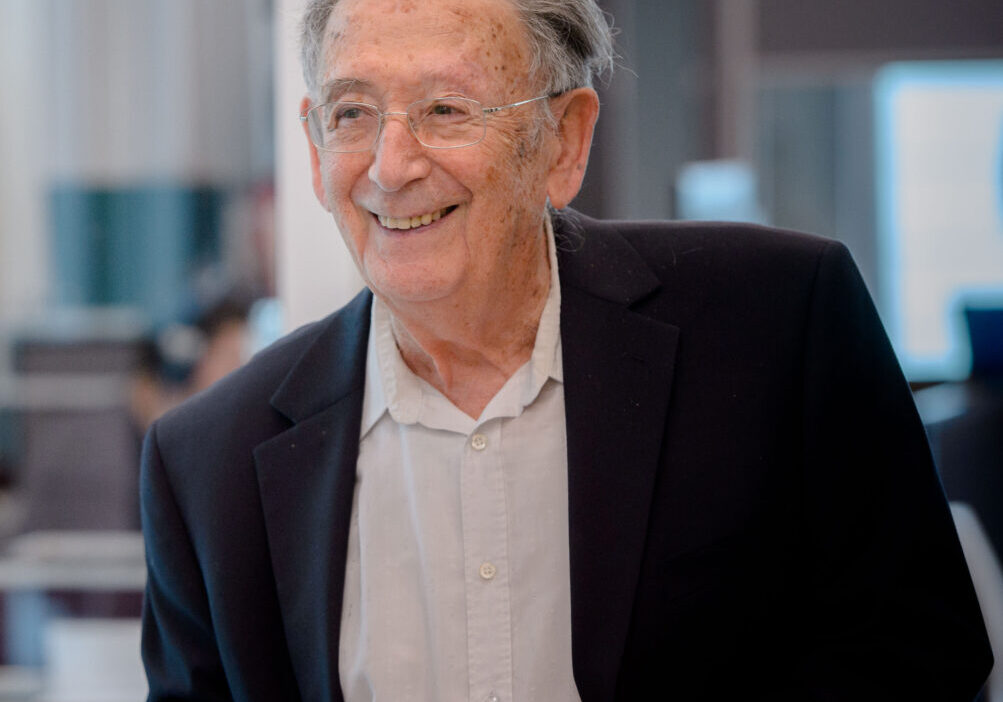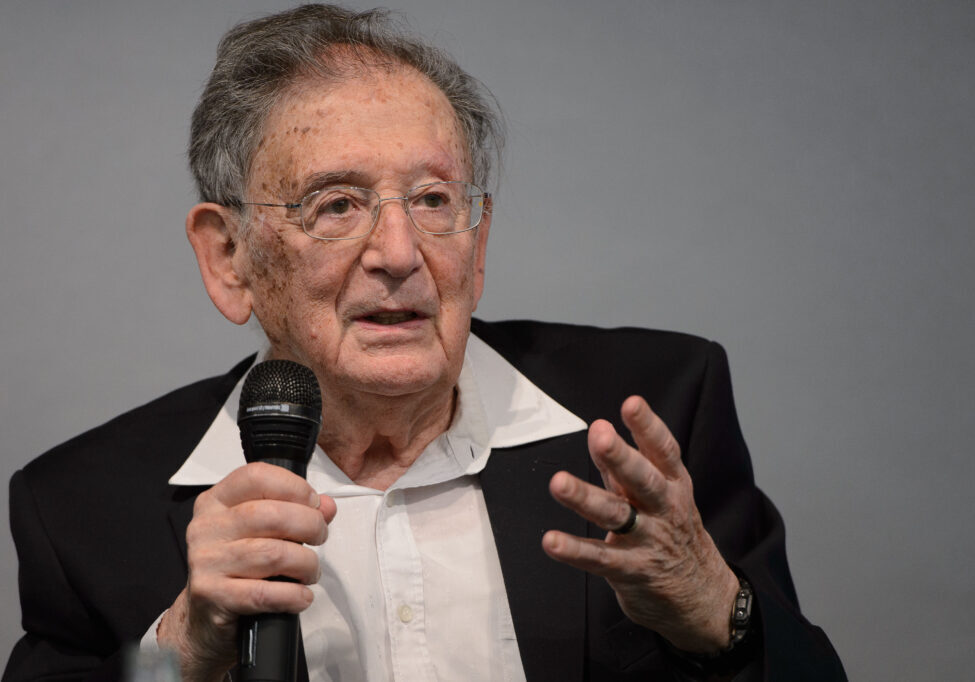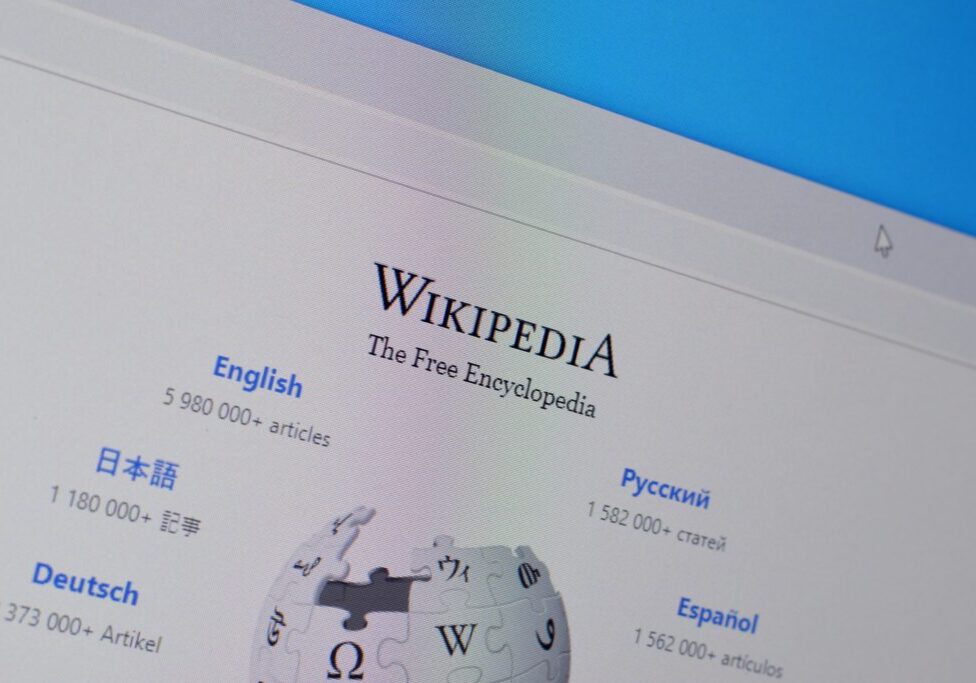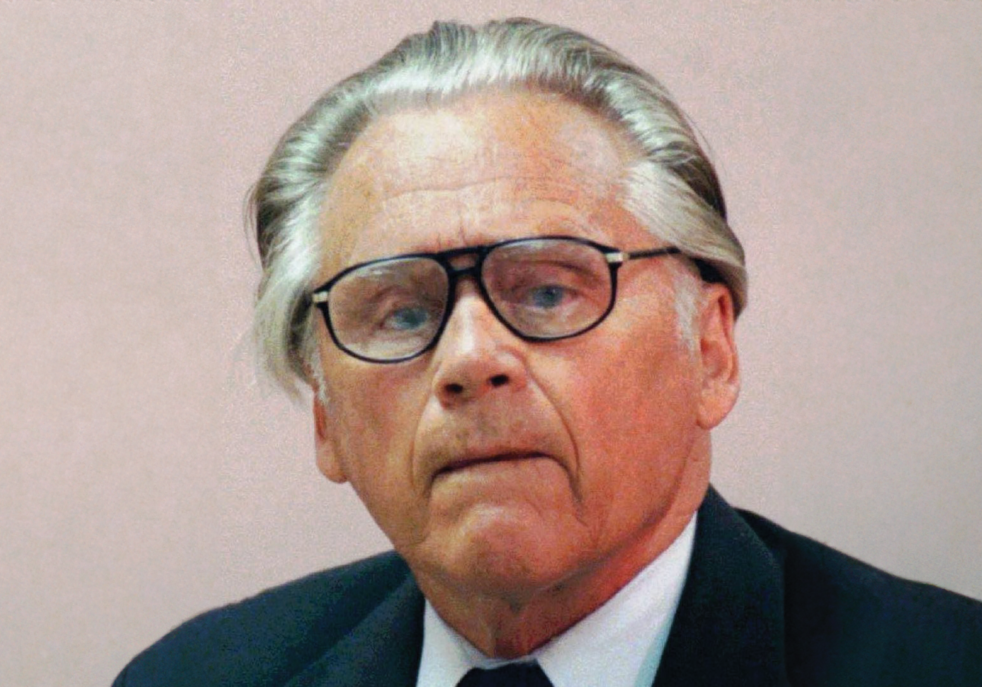Australia/Israel Review
The Continuing Quest for Justice
Jun 27, 2011 | Efraim Zuroff
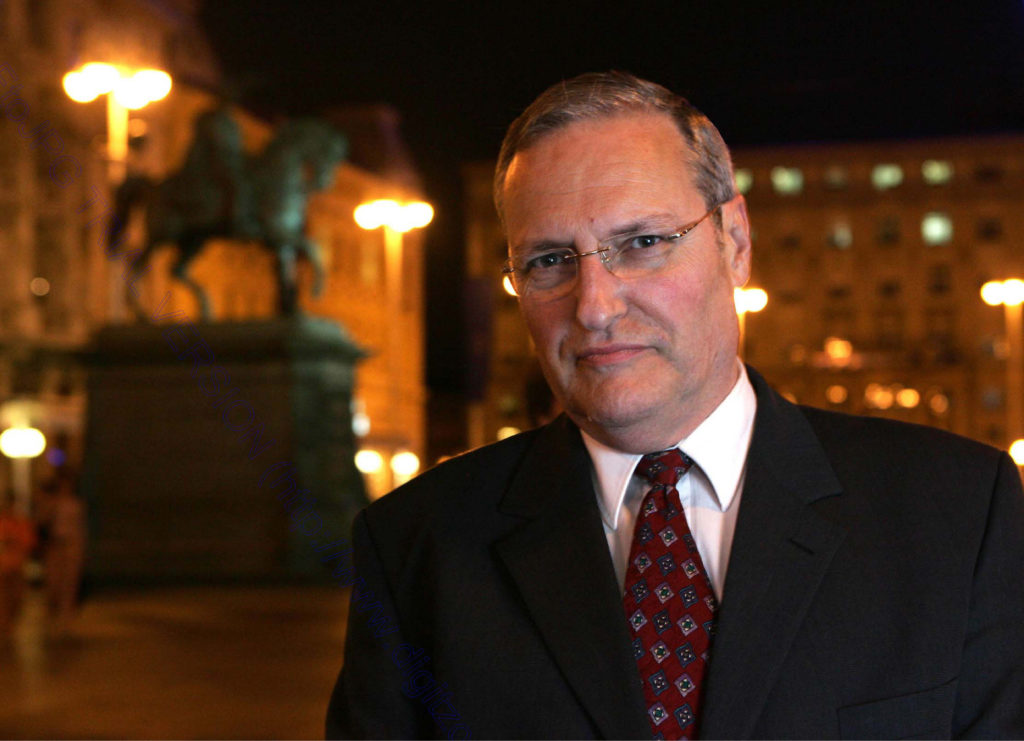
Efraim Zuroff
In bringing Nazi war criminals to justice, I sometimes encounter a certain amount of scepticism. I divide these sceptics into two groups.
The smaller group is ideologically opposed to prosecuting Nazis.
The larger group wonders whether, so many years after the war, the effort to hold to account those who committed the crimes is worth it.
So I want to discuss the reasons for what we do.
Firstly, the passage of time does not diminish the guilt of the killers. The killers are as guilty today as the day they committed the crime. Had they been caught and brought to justice 50 years ago it would not have aroused any scepticism or astonishment. They eluded justice, but are still guilty and still worthy of being brought to justice.
The second point is that old age should not afford protection for people who committed such heinous crimes. The fact that a murderer reaches the age of 80 or older doesn’t turn a mass murderer into a righteous gentile.
Right now in Budapest there is a case proceeding against a man called Sandor Kepiro, who was one of the officers of a Hungarian unit that organised the massacre of at least 1,246 residents of the city of Novi Sad.
Kepiro’s ID says he’s 97 years old. Kepiro is running around giving interviews. He recently sued me for libel. There is absolutely no reason on earth to ignore someone like this simply because his date of birth is 1914. If they are healthy enough to be brought to justice and mentally competent to understand the proceedings, there is absolutely no reason to ignore them.
The third point is something my mentor Simon Wiesenthal stressed – that it is the obligation that our generation owes the victims of the Holocaust. That obligation is to try and make an honest effort to do whatever we can to find the people who turned innocent men, women and children into victims simply because they were Jews or other enemies of the Reich. And that obligation applies to every single victim.
The fourth point is that when we make the effort to find these people and bring them to justice we have quite a number of successful prosecutions.
In the last decade there have been 89 legal decisions against Nazi war criminals. I’m sure that is far more than many assumed. I think that sends a very powerful message that if you commit crimes against the Jewish people there will always be other Jews who, even 50 years later, will see that you pay for it. And in an age like today of rising antisemitism I think that is a very important message.
The fifth point concerns the phenomenon of Holocaust denial.
The good news is that the fight against [standard] Holocaust denial has basically been won. There is no mainstream political body, organisation or social grouping [in the West] that accepts Holocaust denial and for good reason.
This is the most documented tragedy in human history. Millions of documents, photos and films and the dedicated work of researchers in places like Yad VaShem have made a very convincing case. But today we’re facing something new that is coming out of Eastern Europe which is an attempt to re-write the narrative of the Shoah to hide the complicity of the peoples of Eastern Europe in those crimes.
In every country in Europe which the Nazis occupied or were aligned with, the Nazis sought to enlist local helpers.
The collaboration in Eastern Europe was particularly lethal. When the Lithuanians, Latvians, Estonians, Ukrainians, Byelorussians and Croatians were incorporated into the mechanism of mass annihilation, they did a lot of the killing themselves.
While these areas were part of the Soviet Union or under communist domination they could not deal with their past in the Holocaust. It was only in 1990-91 that, for the first time, they had an opportunity to tell the truth about what happened in their countries during the Shoah. If they had done that then it would have been a very brave thing to do, but unfortunately it was not the case. And what we’re seeing now is efforts to hide and minimise that complicity.
One of the ways it’s being done is by promoting the idea that the crimes of communism are equal to the crimes of the Nazis.
I don’t know how many people have heard of the Prague Declaration of June 3, 2008. It is a document that in my opinion will prove extremely problematic. Basically it says that Europe will never truly be reunited until it recognises its common legacy of Nazism and Communism.
On a practical level, what they want to do is have August 23 designated as a joint day of commemoration for all victims of totalitarian regimes.
What happened on August 23, 1939? The Molotov-Rippentrop non-aggression pact between the Soviet Union and Germany.
The message the Prague Declaration tries to convey is that the Soviet Union is basically just as responsible for the atrocities of World War II as Nazi Germany. In other words they are comparing the people who planned, built and ran the Auschwitz Concentration-Death Camp with the people who liberated the Auschwitz Death Camp.
This is basically an attempt to rob the Shoah of its status as a unique tragedy in the history of mankind by turning it into just another tragedy.
What’s really behind the efforts is the following [chain of logic]: If communism equals Nazism, then that means that communism is genocide (The crimes of the communists were absolutely terrible, but were not genocide). If communism is genocide, then that means that Jews committed genocide, because among the communists who committed these crimes there were Jews. If Jews committed genocide then what right do Jewish organisations and Israel have to demand that the peoples in Eastern Europe who committed genocide should be brought to justice?
To make a long story short, if everyone is guilty, no one is guilty.
So Nazi war crimes trials are important because they send a clear message about who did what to whom, when and where. That message is particularly important now as part of our efforts to combat the Prague Declaration and to stop this initiative.
Finally, I am often asked – so many years have passed since World War II, [surely] the people who committed these crimes regret what they did? They’ve had time to think about it, they could reflect and say, ‘listen, we were young, we were stupid, we were brainwashed, we were convinced the Jew was the enemy, he was a threat to our country.’ But I want to tell you, based on more than 30 years of experience, that I have never dealt with a case in which a Nazi war criminal has ever expressed any regret or remorse. Never. In fact the very opposite – these people were proud until their dying day of the crimes they had committed.
Efraim Zuroff is an Israeli historian and the Director of the Simon Wiesenthal Centre office in Jerusalem. He is the coordinator of Nazi war crimes research worldwide for the Wiesenthal Centre. His most recent book is Operation Last Chance: One Man’s Quest to Bring Nazi Criminals to Justice (Palgrave McMillian, 2009). The above is based on an edited transcript of his remarks at an AIJAC function in Melbourne on June 17.
Tags: Holocaust/ War Crimes

